
Does Chlorine Water Damage Skin? Effects & How to Protect Skin From It
- Does Chlorine Water Damage Skin?
- Does Chlorine Water Darken Skin?
- Can Chlorine Cause Skin Darkening or Pigmentation?
- Factors that Contribute to Skin Discolouration After Swimming
- Does Swimming Pool Chlorine Damage Skin?
- Short-term vs. Long-term Effects of Chlorine Exposure
- Impact on Different Skin Types (Dry, Sensitive, Oily)
- How to Protect Skin from Chlorine Water
- Conclusion
- FAQs
After swimming in the pool, you could feel its refreshing sensation on a hot summer day. But you will soon start realising the irritating and drying skin that occurs. This is usually associated with chlorine added in the pool to kill the germs. The benefits of chlorine water are thus for disinfecting the water body, but beyond this, there could be some adverse effects on the skin. In this article, we'll explore if chlorine water really damages your skin, how it impacts different skin types, and what you can do to protect your skin.
Does chlorine water damage skin?
To be honest, yes, chlorine damages the skin, and it happens on the severe criteria of how much it is exposed to you. Chlorine is a dehydrator; it removes natural oils from the skin and makes it feel drier than a desert. Just imagine a soap that keeps drying you up - that is chlorine but in the pool! When such oils are lost from the skin, irritation, cracking, and sometimes serious issues, such as flare-ups of eczema or psoriasis, become more vulnerable to their attack.
It is not the end of the world, though. A quick splash here or there won't do any permanent harm. But for habitual swimming, continuous exposure could lead to dry, flaky, and even irritated skin. So the next time you jump into the pool, remember: the more skin exposed to chlorine, the more you'll feel it drying you out. To help protect your skin, apply dewy sunscreen from The Pink Foundry before swimming to shield it from harsh pool chemicals and UV rays.
Does chlorine water darken skin?
This is a question that many swimmers wonder about. Does chlorine make your skin darker? Well, technically speaking, chlorine, which is directly responsible for darkening skin, does not exist. Still, for another take on it, chlorine can dry out and irritate skin. Irritated or inflamed skin may impose post-inflammatory hyperpigmentation. Irrespective of any steps toward reducing the condition, the bottom line is that some skin-melting or pigmentation happens in response to irritation.
Then, there is a twist about chlorine: chlorine might make your skin more sensitive to UV rays if you swim outdoors. And we all know excessive sun can harm our skin; it promotes darkening and pigmentation problems. Hence, chlorine will not darken your skin but provides a cue.
Can chlorine cause skin darkening or pigmentation?
Chlorine may not directly cause skin darkening, but it could indirectly impact skin health by causing pigmentation. Melanin is the pigment that causes your skin to turn darker in case of irritation. An abnormal increase of melanin can be stimulated by skin irritation due to chlorine and turn to an uneven skin tone or dark patchiness, mostly among people who already tend to such issues.
Chlorine worsens acne, eczema, or melasma. The preceding irritation aggravated the pigmentation, leaving the skin even more uneven than before. Chlorine will not certainly darken your skin because irritation and dryness can eventually exacerbate such pigmentary problems.
Factors that contribute to skin discolouration after swimming
A few factors are at play when it comes to skin discolouration after swimming. Let's take a quick look:
1. Drying effect of chlorine
As much chlorine your skin absorbs, the drier it becomes, and such dryness may lead to irritation. If left unattended over time, it develops into skin pigmentation.
2. Exposure to sunshine
If swimming outdoors, the additional UV rays from the sun aggravate dry or inflamed skin, leading to dark marks or pigmentation.
3. Skin type
Sensitive or oily skin reacts more harshly to chlorine. Dry skin feels even more dry, and oily skin might experience breakouts or clogging of pores.
4. Any skin condition that one already has
If there were any previous reports of problems with pigmentation or problems like acne or eczema, any amount of chlorine could trigger further skin discolourations.
Does swimming pool chlorine damage skin?
Yes, chlorine in swimming pools can damage the skin, but don't panic. Short-term exposure to chlorine usually results in dry, tight skin, which can be easily fixed with proper aftercare. However, long-term or frequent exposure, especially for competitive swimmers, can cause more serious damage. The skin might become excessively dry, prone to irritation, or even inflamed. For some, this could lead to conditions like "swimmer's itch," where the skin becomes red, irritated, and itchy after being in the water.
What's more, chlorine can also affect people with acne-prone skin. It dries out the skin, which leads to your body compensating by producing more oil. This excess oil can clog pores, leading to breakouts. So, while swimming is great for fitness, it's not always great for your skin if you're not taking care of it.
Short-term vs. long-term effects of chlorine exposure
Let's discuss these in terms of short-term effects and long-term effects:
For short-term effects, skin after a swim may feel dry, tight, or itchy; some people may even notice a bit of redness or irritation. Chlorine removes the natural oils from the skin, leading to dehydration.
For long-term effects, chronic dryness, premature ageing (like fine lines and wrinkles), and more severe irritation can occur in the long run. If the skin barrier is broken down to the point now, it becomes vulnerable to infections or environmental stressors.
Impact on different skin types (dry, sensitive, oily)
Chlorine has different effects on different types of skin:
- Dry skin: Some dry-skinned persons may develop further symptoms from exposure to uses of chlorine, roughening the skin and leaving it without moisture. This skin feeling could be described as flaky and irritated.
- Sensitive skin: If your skin is sensitive, chlorine irritates it. You are likely to experience redness, burning, and rashes. As well as calling for that it also makes the skin react even more to other environmental irritants like pollution or even fragrances in skincare products.
- Oily skin: Oily skin has some temporary relief with excess oil being absorbed by chlorine, but does that bring any comfort? No! Your skin will quickly notice that and then overproduce oil. This will block pores, cause acne and there will be breakouts.
How to protect skin from chlorine water
Here are the points on how to protect skin from chlorine water naturally:
1. Pre-swimming care: apply a protective layer
Before diving in, apply a protective layer of hyaluronic acid moisturiser, oil, or a special barrier cream. These create a shield on your skin that helps prevent chlorine from being absorbed. Look for products that are hydrating and water-resistant.
2. Rinse before and after swimming
A quick rinse before jumping into the pool helps reduce chlorine absorption by your skin. After swimming, rinse off as soon as possible to wash away any chlorine left on your skin.
3. Use mild, hydrating cleansers and post-swim moisturisers
After swimming, use a gentle, hydrating cleanser to remove chlorine without stripping the skin further. Follow-up with a rich moisturiser to rehydrate your skin and restore its natural oils. Knowing how to use face moisturiser effectively applying it on slightly damp skin and massaging it in gently can make a big difference. This step is crucial, especially if your skin feels tight after swimming.
4. Natural remedies to soothe chlorine-exposed skin
Aloe vera, coconut oil, and honey are all completely natural treatments for soothing and moisturising chlorine-exposed skin. Aloe vera is most effective in calming redness and irritation, while coconut oil and honey provide profound moisture and nourishment.
Besides these tips, you can also look for how to treat dark skin after swimming for better results.
Conclusion
Chlorine can prevent our pools from becoming breeding grounds for pathogens; however, it also does the dirty work when it comes to skin. After some time, it usually results in dryness, irritation, and even pigmentation. No worries, though skin care for swimmers is all about being proactive and protective.
Use moisturisers pre- and post-swimming, rinse off chlorine right away, and treat your skin with nourishing remedies later. This way, you can enjoy the pool without adding dry, irritated after-effects to your experience.
FAQs
Does chlorine water damage the skin barrier?
Yes, chlorine can damage the skin barrier by stripping away its natural oils, making the skin more vulnerable to irritation and infection.
How can I protect my skin from chlorine water?
You can protect your skin by applying a protective barrier cream or moisturiser before swimming, rinsing before and after swimming, and using hydrating cleansers and moisturisers post-swim.
What is the best way to protect skin from chlorine naturally?
To protect your skin naturally, use aloe vera, coconut oil, or honey to soothe and moisturise your skin after exposure to chlorine.
Can chlorine be beneficial for the kin?
Chlorine helps keep pool water clean and bacteria-free, but prolonged exposure can dry out and irritate the skin.
How do I care for my skin after swimming in a chlorinated pool?
Rinse off as soon as possible, use a gentle hydrating cleanser, and apply a nourishing moisturiser to help restore moisture and soothe any irritation.



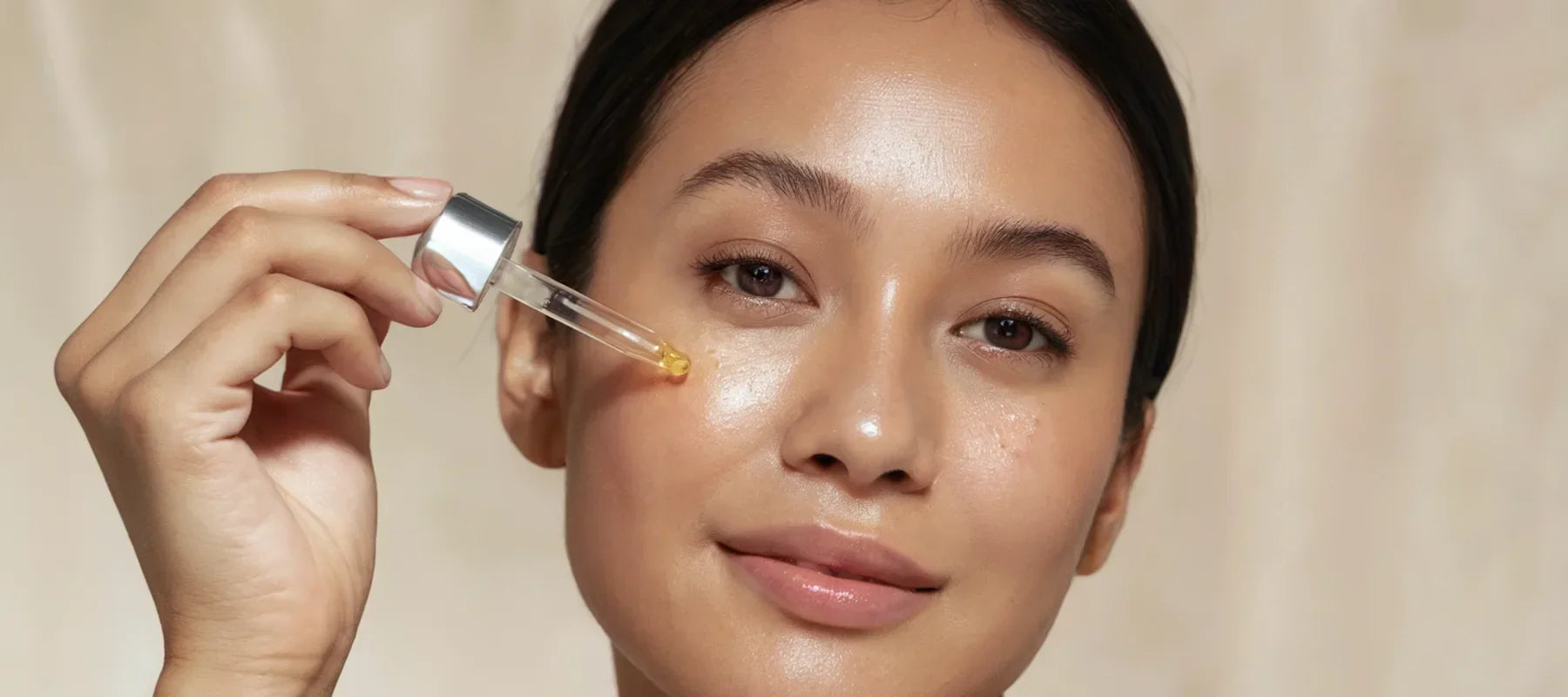
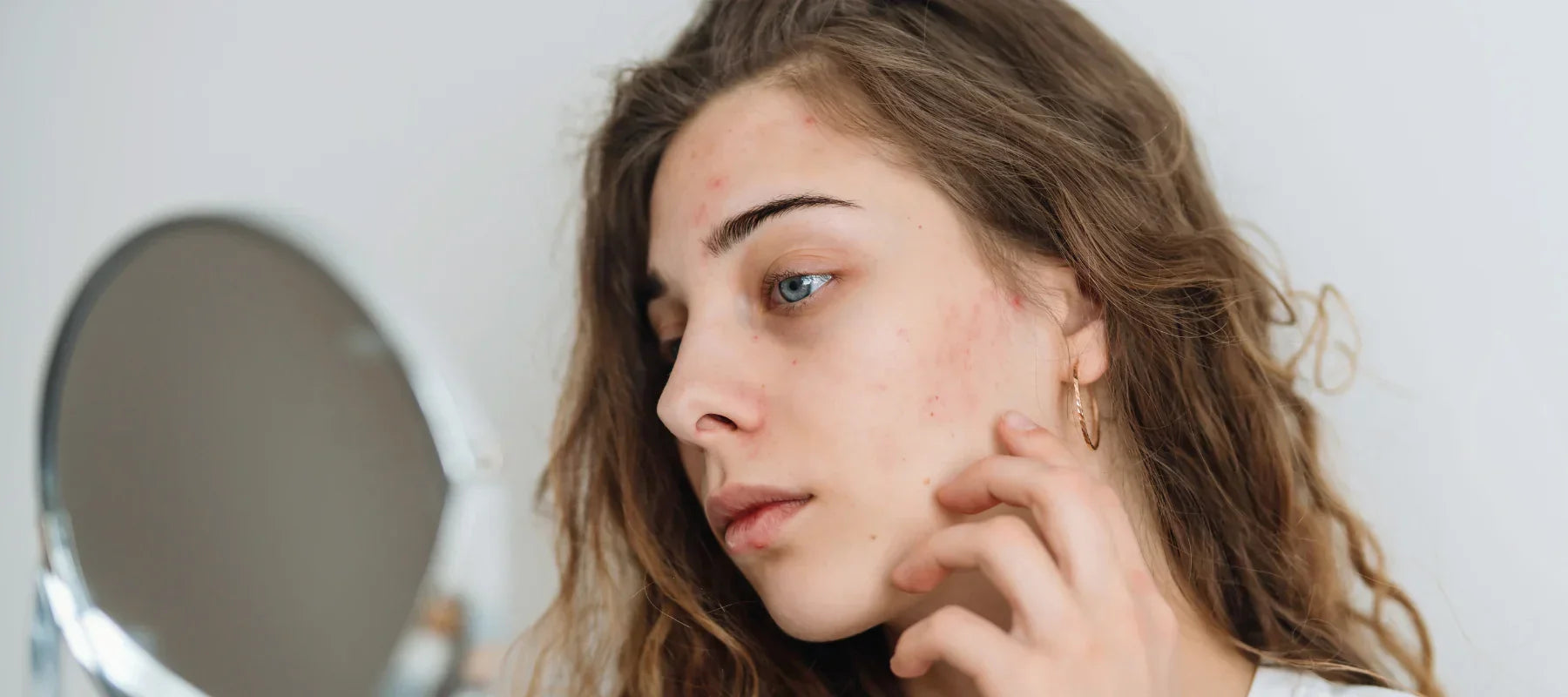



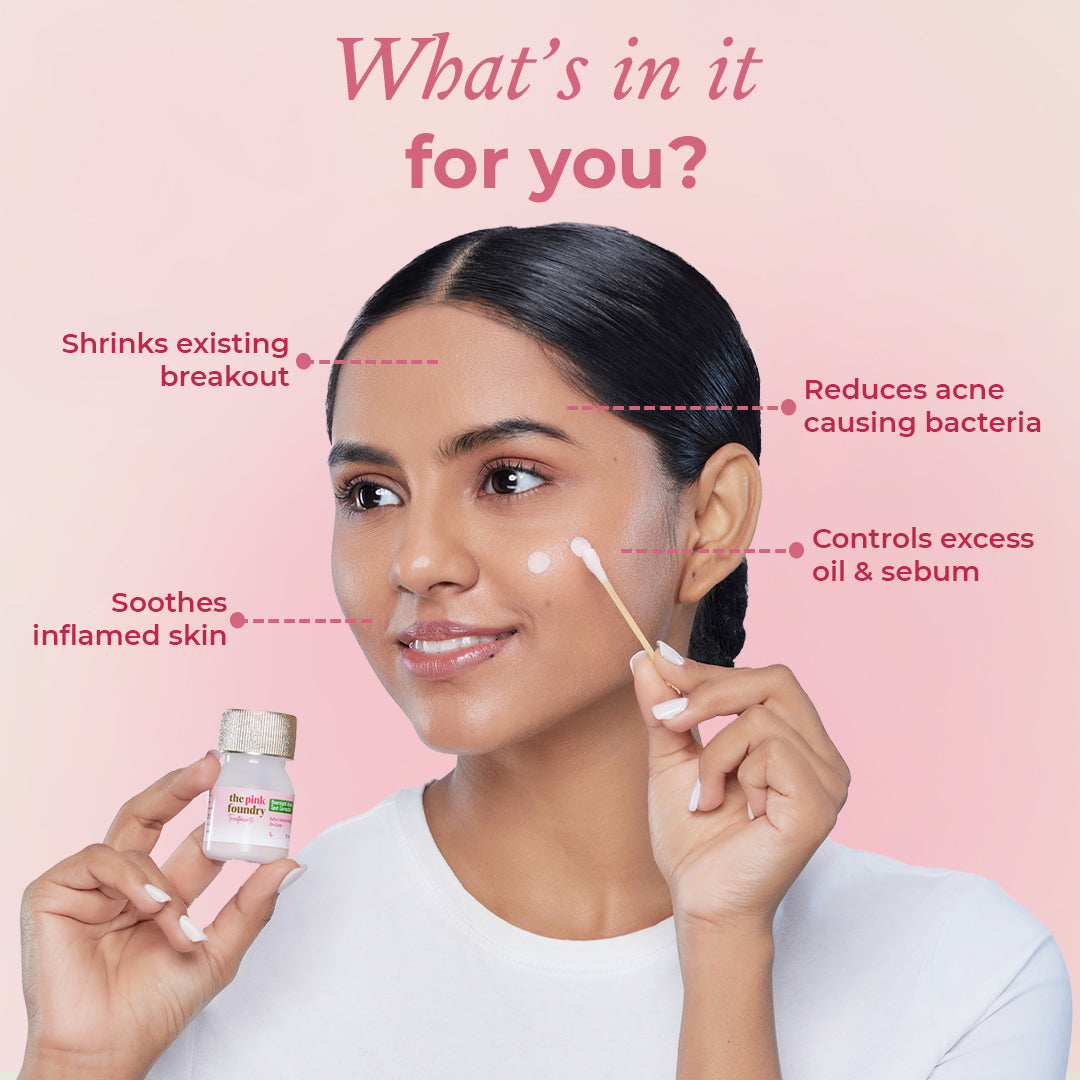
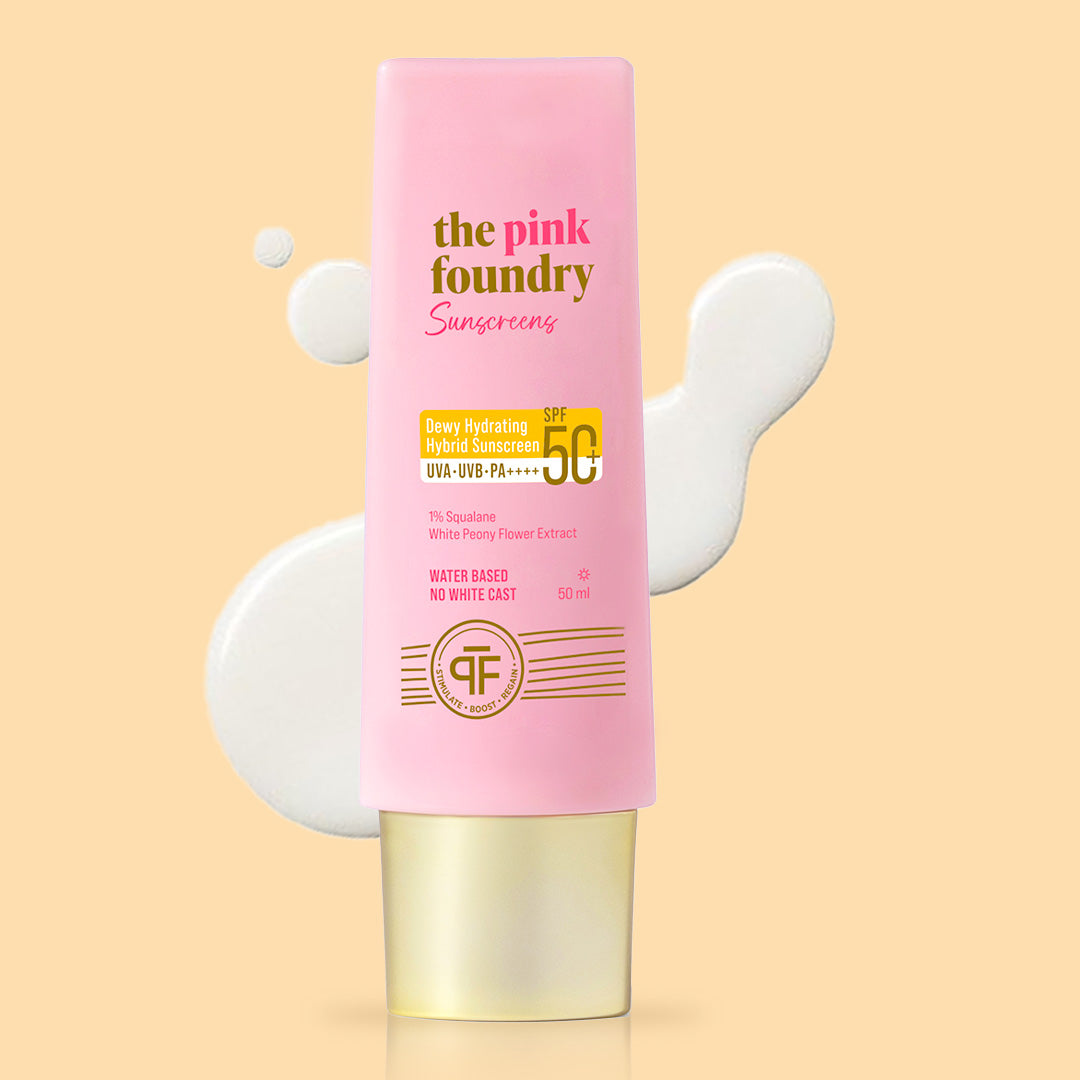
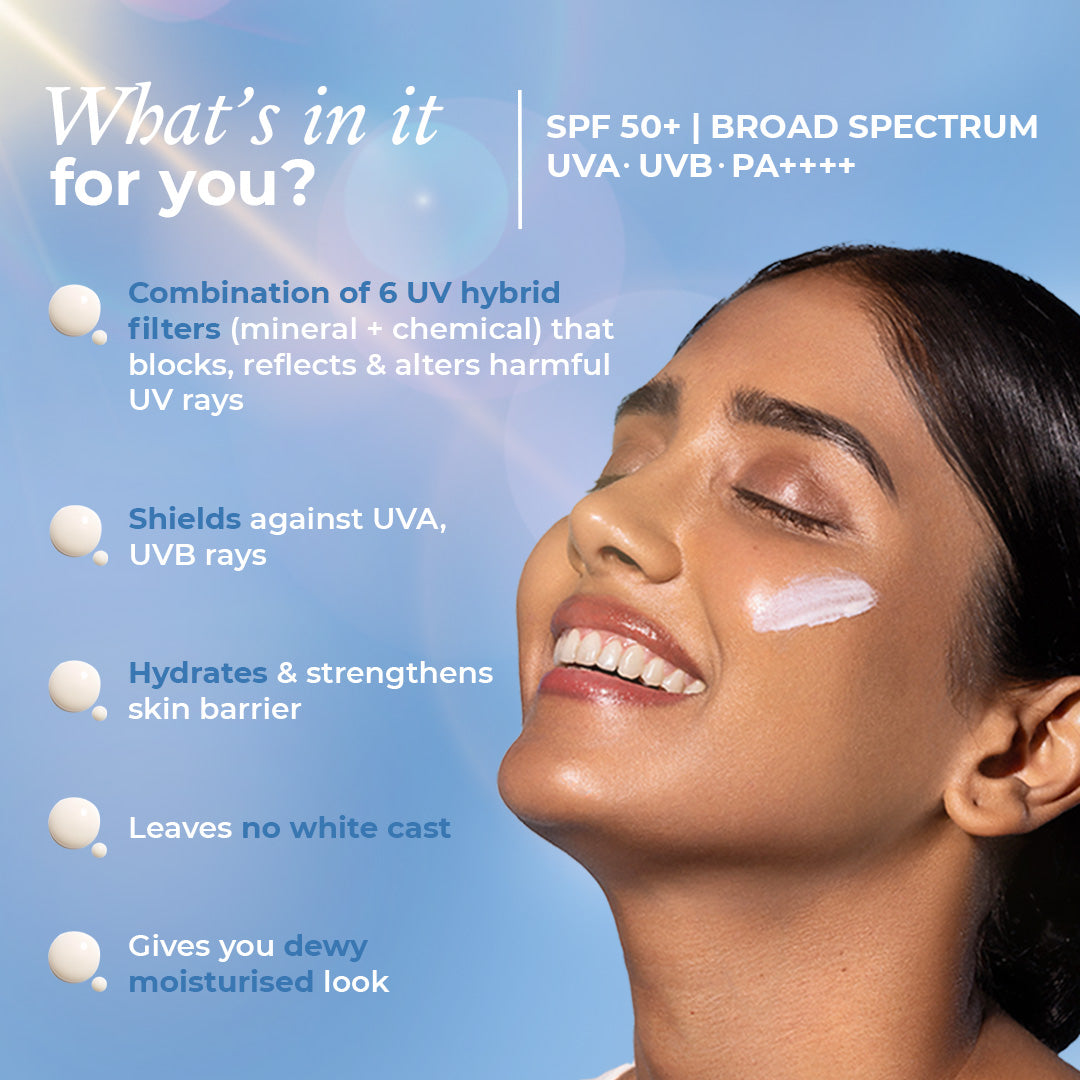


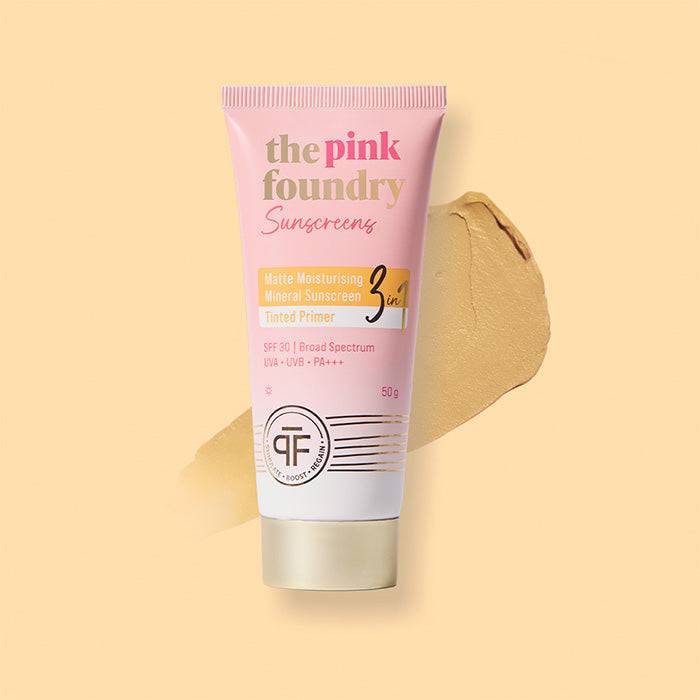
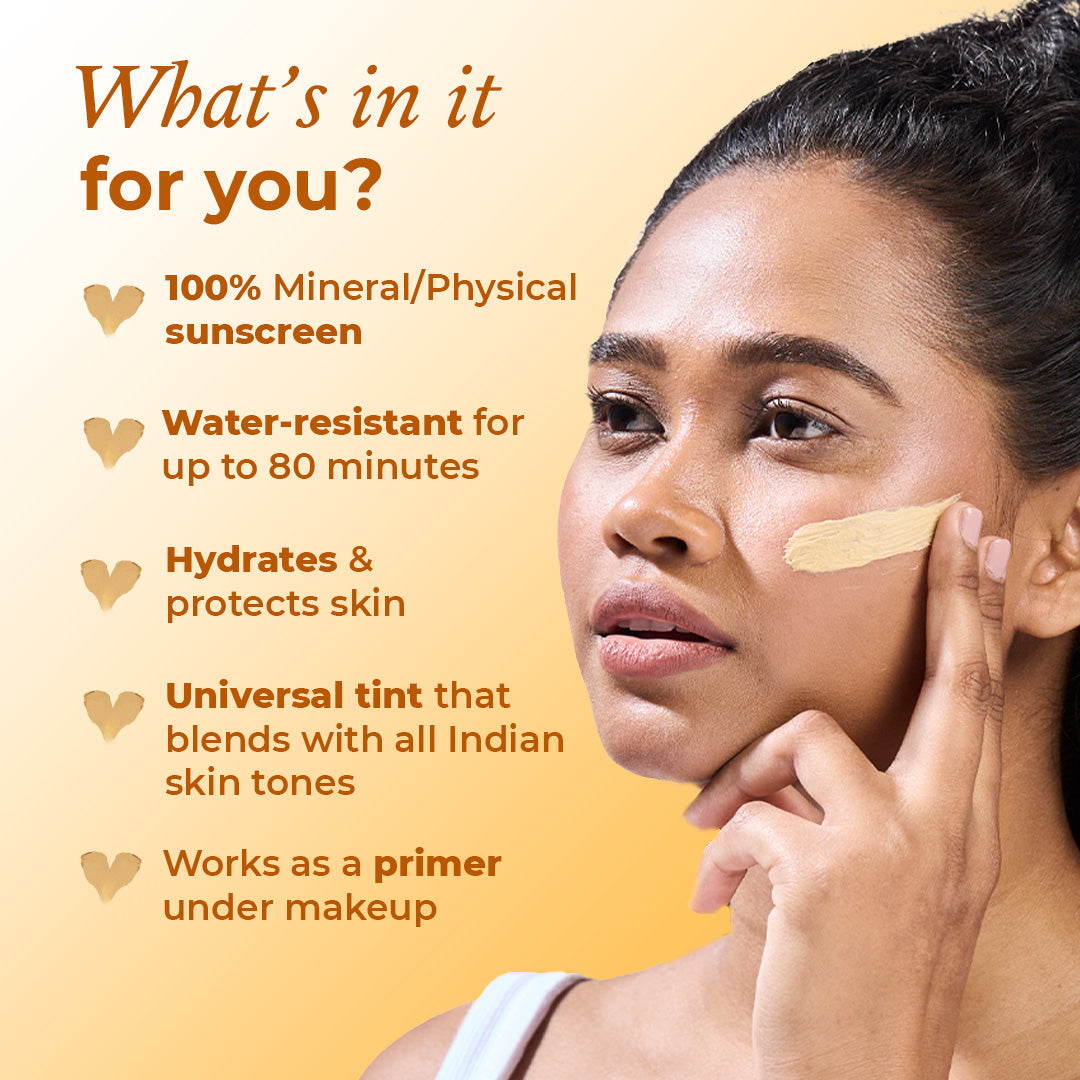



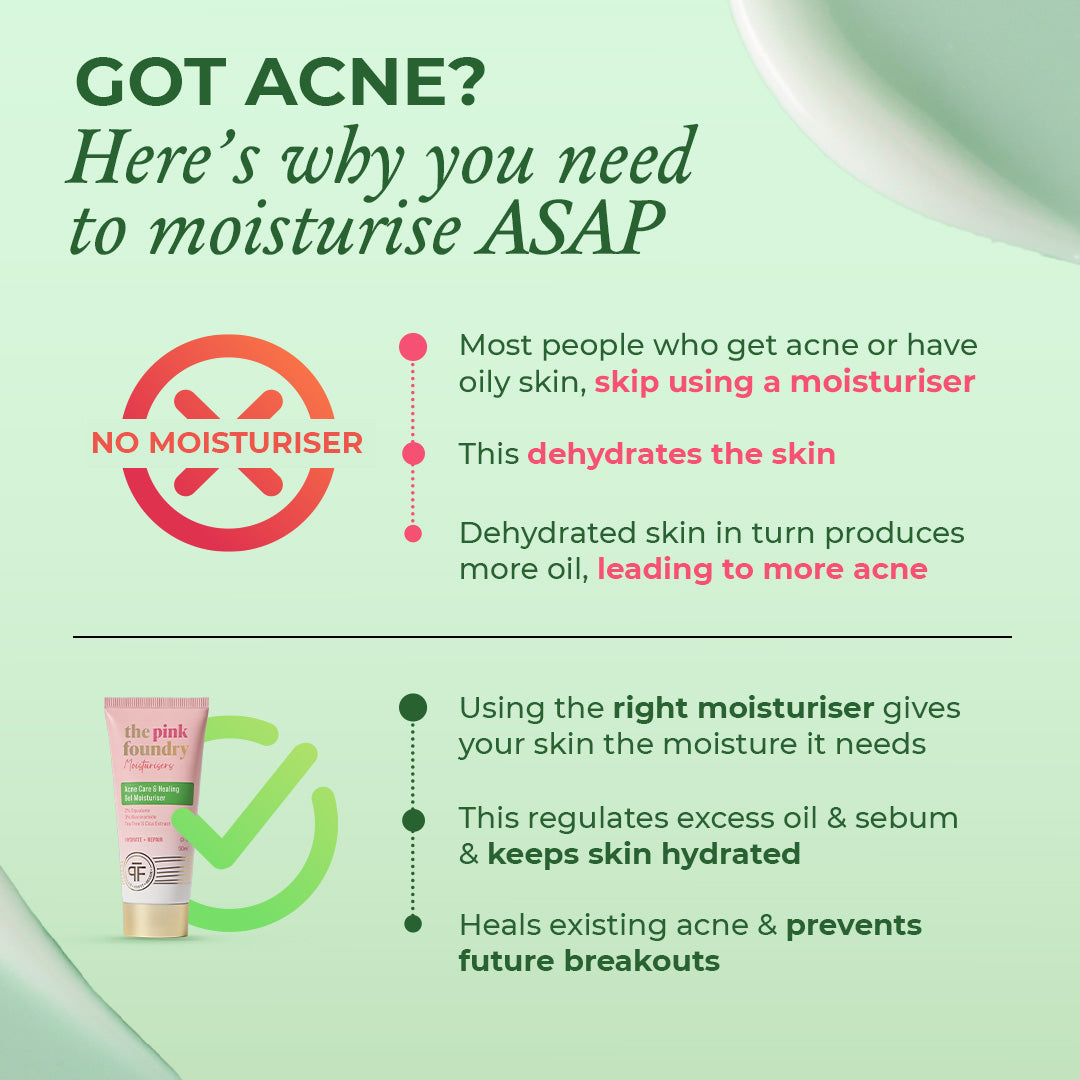
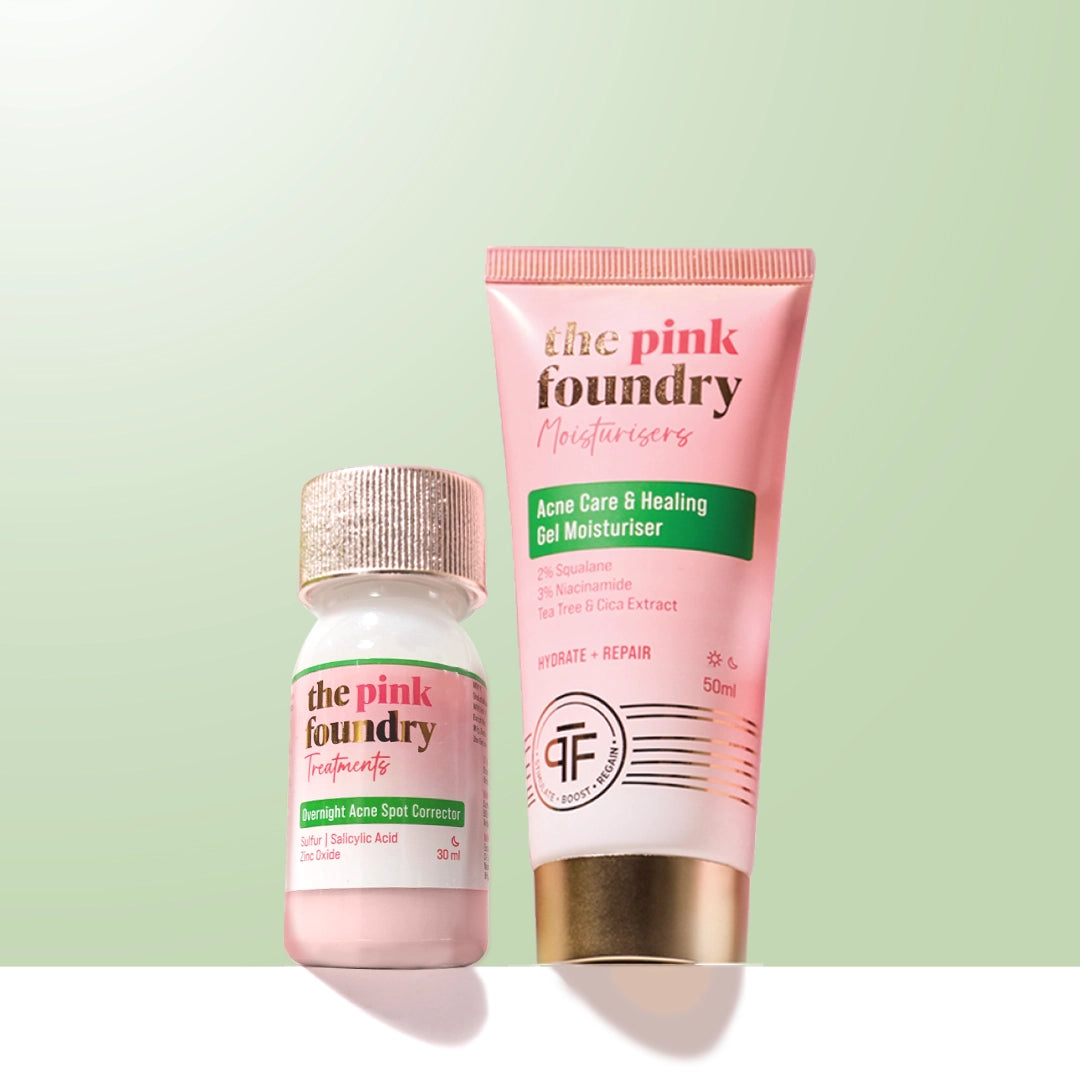
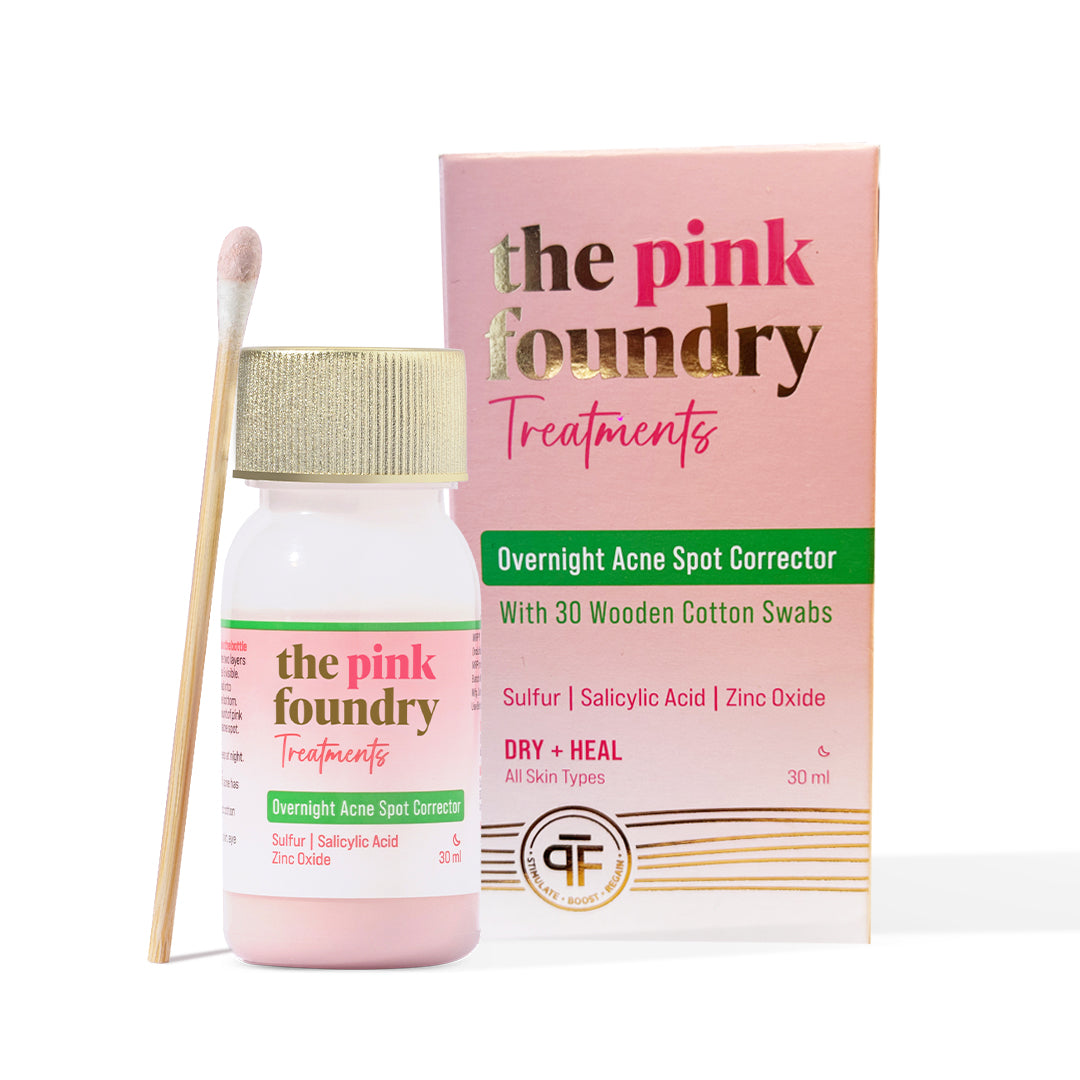
Leave a comment
This site is protected by hCaptcha and the hCaptcha Privacy Policy and Terms of Service apply.